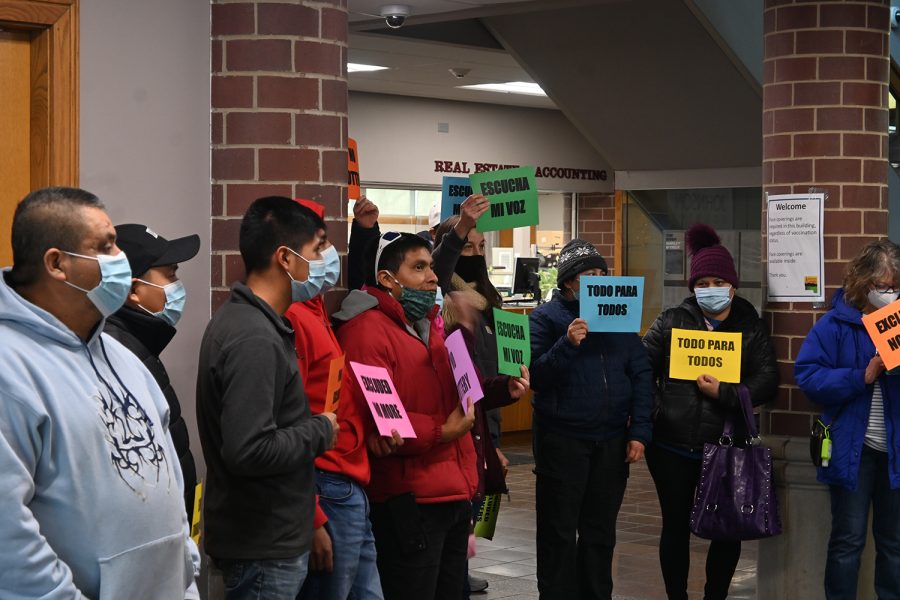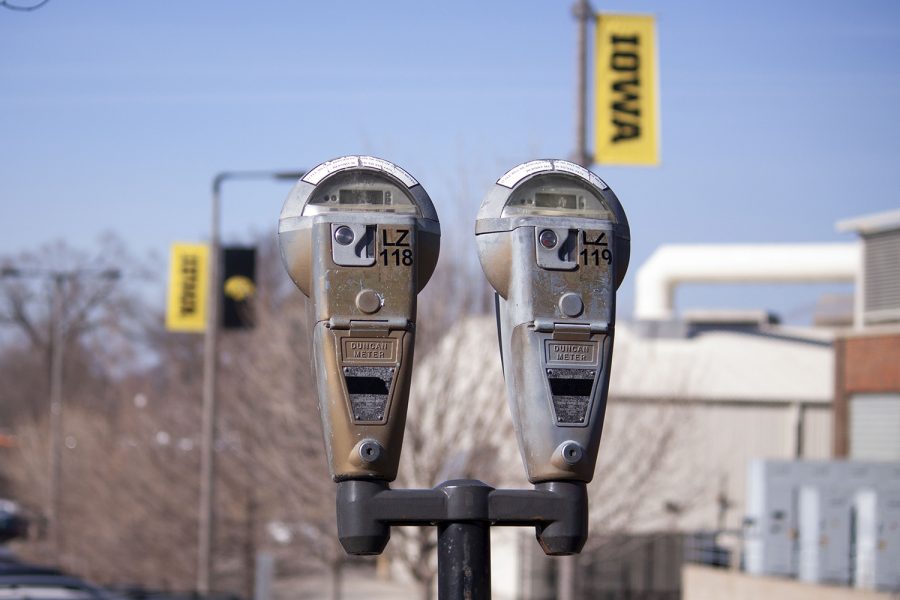Alyssa Love often gets weird looks when talking about her married life.
Today — four months after her wedding — the University of Iowa freshman remembers being very excited about sharing the altar with now-husband Tyler Love.
"Originally, it was kind of scary," the 18-year-old said. "I was like, ‘I just graduated from high school.’ It was kind of intense, but I had a lot of help from his family and my family."
The couple are in the minority — more young people have chosen to delay marriage in recent decades. Last month’s Pew Research Center study showed only 20 percent of adults ages 18 to 29 are married — significantly lower than the 59 percent married in 1960.
Roughly 51 percent of Americans ages 18 and older are married today — a record low — while in 1960, 72 percent were married. According to state numbers, slightly more than 20,000 Iowans were married in 2010, down from more than 21,000 a year before that.
Christie Boxer — a UI sociology doctoral student who is working on a dissertation on marital trends — said people often put off marriage because of financial issues.
"[Marriage has] become a middle-class ideal," she said. "A lot of people are postponing marriage until they feel like they hit a financial point. Now, people feel like they want to have financial stability before they combine with a new partner."
People tend to view expensive weddings and home ownership as important parts of marriage, Boxer said. This leads marriage-interested couples today to delay getting married until they can afford those goals: The Pew Study showed the median age at which people first get married is the highest ever, with women marrying at 26.5 years and men marrying at 28.7 years.
Although recent data show non-college graduates are marrying later, Boxer said education plays a role in the decision to marry.
"Women are more educated than they were in the past, and not only do they have degrees, they are more likely to go into the workforce," Boxer said. "Men and women are now sort of equal in that they go to college and go to work."
And though divorce has eroded a share of currently married adults, the Pew study said, divorce rates have leveled off and play less of a factor.
Brad Wilcox, the director of the National Marriage Project, said he interprets marriage trends very positively for college students.
"That is because divorce has been coming down for college-educated Americans since the 1980s, and college-educated families have been more stable since the 1980s," he said.
Wilcox said college-educated adults have more resources to build strong marriages.
"They are more marriage-minded, and it’s more likely for them to connect," he said. "At a cultural level, college Americans are more likely to want to have their kids in marriage, and that makes a more safe and stable married life. To put it in colloquial terms, because they are able to put childbearing after marriage, they are more likely to not have ‘baby mama drama.’ "
Alyssa Love said her original plan was to marry in a courthouse before Tyler Love was to be deployed overseas. But when deployment was canceled, the two decided to have a full-out wedding ceremony.
"Both of us want to succeed in our college careers, and we have a set plan for what we want to do, and I think that helps a lot," she said. "… I want to have [the degree] to fall back on. I want to be a stay-at-home mom. I don’t know why I want to do that, but I know that’s what I want to do."






